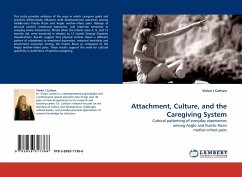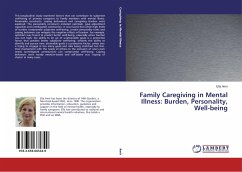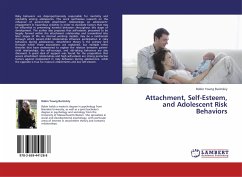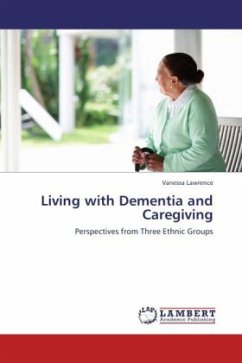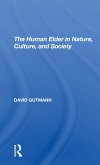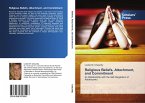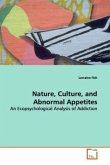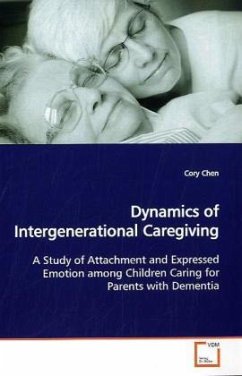This study provides evidence of the ways in which caregiver goals and practices differentially influence child developmental outcomes among middle-class Puerto Rican and Anglo mother-infant pairs. Ratings of physical control, emotional expression, and maternal sensitivity in everyday home interactions, filmed when the infants were 4, 8, and 12 months old, were examined in relation to 12 month Strange Situation classifications. Results suggest that physical control shows a different pattern of relatedness to emotional expression, maternal sensitivity and attachment outcomes among the Puerto Rican as compared to the Anglo mother-infant pairs. These results support the need for cultural specificity in definitions of optimal caregiving.
Bitte wählen Sie Ihr Anliegen aus.
Rechnungen
Retourenschein anfordern
Bestellstatus
Storno

